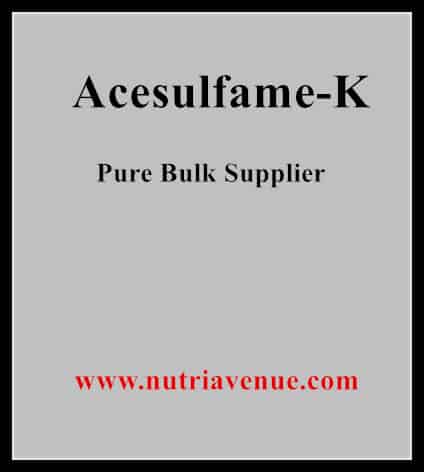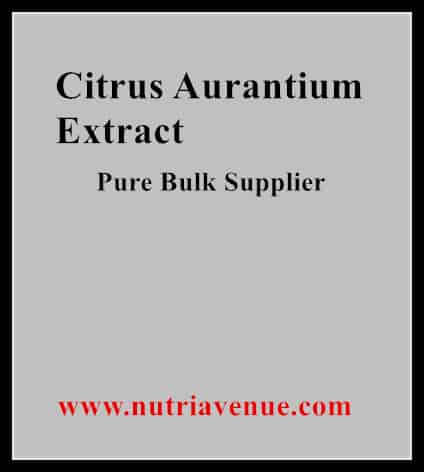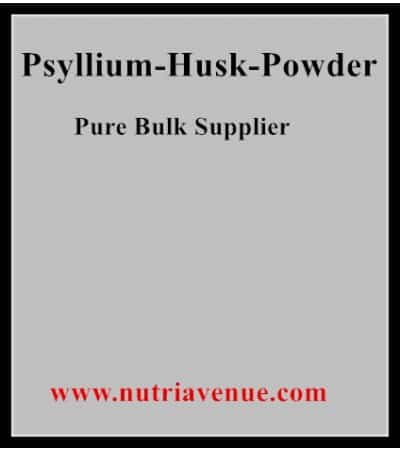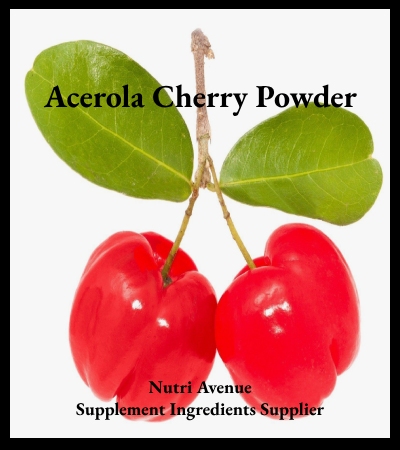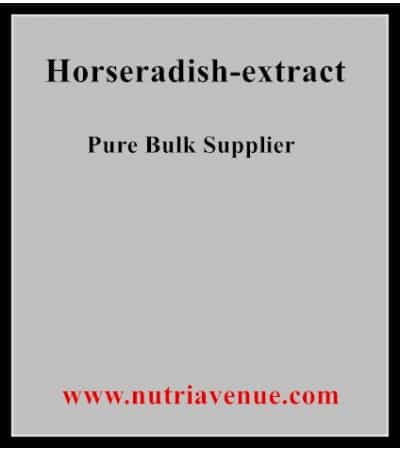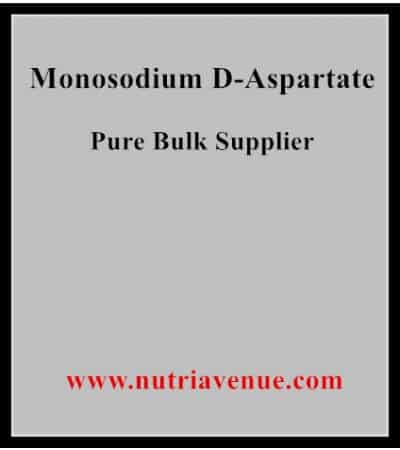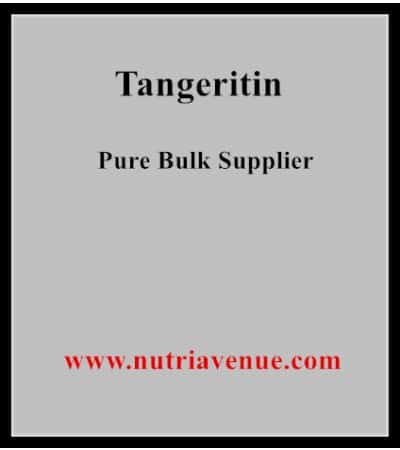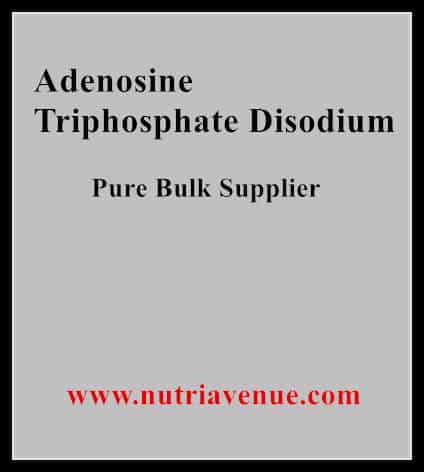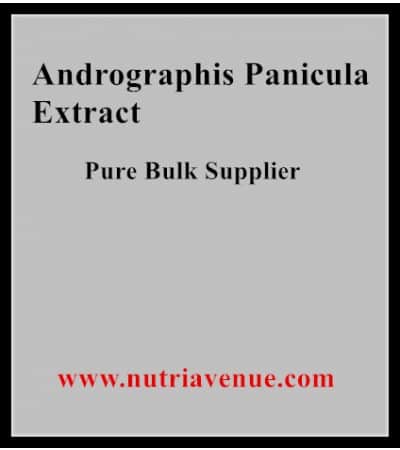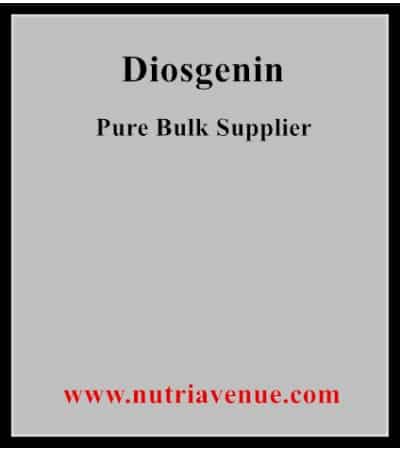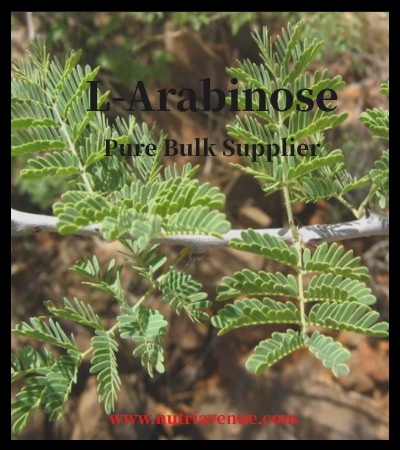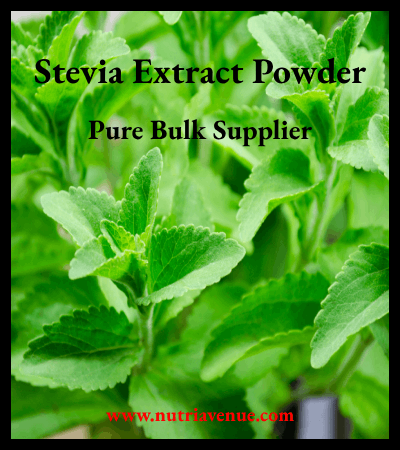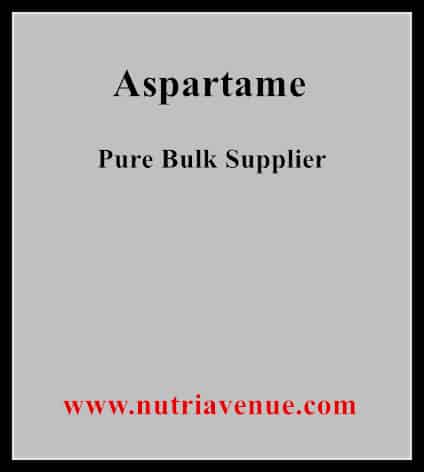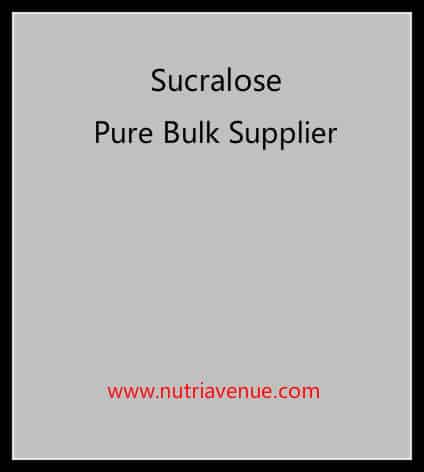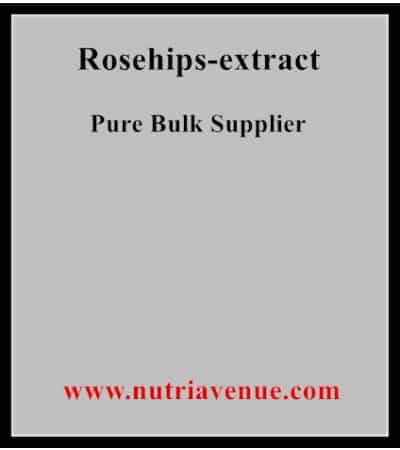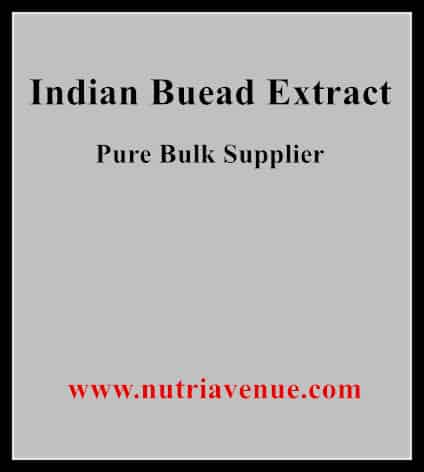NUTRI AVENUE
FOOD
ADDITIVES
Supplier
-
Food Additives
Sclareolide
-
Food Additives
Acesulfame-K
-
Weight Loss Management
Citrus Aurantium Extract
-
Weight Loss Management
Psyllium Husk Powder
-
Food Additives
Acerola Cherry Powder
-
Food Additives
Horseradish Extract
-
Food Additives
Monosodium D-Aspartate
-
Food Additives
Tangeritin
-
Food Additives
Adenosine Triphosphate Disodium
-
Food Additives
Andrographis Paniculata Extract
-
Food Additives
Diosgenin
-
Food Additives
L-Arabinose
-
Food Additives
Glycerol Monostearate
-
Food Additives
Stevia Extract Powder
-
Food Additives
Aspartame Sweetener
-
Food Additives
Sucralose Sweetener
-
Skincare Health
Rosehips Extract
-
Food Additives
Adenosine Triphosphate Disodium
-
Food Additives
Indian Buead Extract
What Is Food Additive?
Food additives are a kind of substance added to food during processing or preparation to enhance its flavor, texture, and appearance or to preserve it. These substances can be natural or synthetic. And they are regulated by food safety authorities to ensure they are safe for consumption.
Food Additives Market Size And State
The food additives market is a dynamic and evolving industry that plays a crucial role in the food and beverage sector, even cosmetics.
The food additives market size is projected to reach $56.9 billion by 2026, growing at a CAGR of 5.2% from 2021 to 2026. The following factors drive this growth.
- Increasing demand for convenience foods
- The growing population
- The need for food preservation and shelf-life extension
The rising awareness about natural and organic food additives contributes to market growth. And businesses and brands also need to improve them the knowledge of additives. Choosing 100 percent safe food additives is a good way to develop products. On the other hand, concerns about the safety and health effects of certain food additives and regulatory restrictions may challenge market growth.
Types Of Food Additives
According to the manufacturing process, food additives can be divided into two parts. They are natural food additives and synthetic food additives.
- Natural food additives are derived from metabolites of animals, plants, or microorganisms through further extraction.
- Chemically synthesized additives are obtained from chemical substances as raw materials through de novo synthesis.
Food additives can be divided into various types according to the purpose of use and the nature of the chemicals. The details are as below. The details are as below.
- Preservatives: These additives help to extend the shelf life of food. It can inhibit the growth of bacteria, yeast, and mold. Examples include sodium benzoate, potassium sorbate, and sulfur dioxide.
- Antioxidants: These additives prevent the oxidation of fats and oils, which can lead to rancidity and spoilage. Common antioxidants in the market have vitamin C, vitamin E, butylated hydroxyanisole (BHA), etc.
- Flavor enhancers: These additives enhance the taste and aroma of food. Monosodium glutamate (MSG) is a well-known flavor enhancer.
- Colorants: These additives enhance or restore the color of food. Examples include caramel, beta-carotene, and titanium dioxide.
- Sweeteners: These additives are used to add sweetness to food without the added calories of sugar. Common sweeteners include artificial aspartame, artificial sucralose, and natural stevia.
- Emulsifiers: These additives help stabilize and blend ingredients that generally separate, such as oil and water. Examples include lecithin, mono- and diglycerides, and polysorbate 80.
- Stabilizers and thickeners: These additives help improve food’s texture and consistency. Examples include carrageenan, xanthan gum, and pectin.
- Acidity regulators: These additives help control and adjust food’s acidity or alkalinity. Citric acid, tartaric acid, and sodium bicarbonate are commonly used, acidity regulators.
- Anti-caking agents: These additives prevent the formation of lumps or clumps in powdered or granulated food products. Examples include silicon dioxide, calcium silicate, and magnesium carbonate.
- Bulking agents: These additives add bulk or volume to food products without significantly contributing to their nutritional value. Examples include cellulose, maltodextrin, and polydextrose.
Where Can Use Food Additives?
First, it must be Food and Beverage Industry. This industry extensively uses additives to enhance food and beverage products’ taste, texture, appearance, and shelf life. Examples include flavorings, preservatives, emulsifiers, and colorings. Natural or artificial sweeteners, colorings, and flavorings produce soft drinks, juices, and energy drinks. Flavorings, preservatives, and colorings are commonly used to make snacks such as chips, popcorn, and pretzels.
Secondly, in Bakery and Confectionery Industry, food additives like leavening agents, stabilizers, and emulsifiers are commonly used to produce baked goods and confectionery items. It aims to improve texture, increase shelf life, and enhance taste.
Next, the Dairy Industry uses food additives like stabilizers, emulsifiers, and flavorings to produce products such as ice cream, yogurt, and cheese to improve texture, prevent separation, and enhance flavor.
The Meat Processing Industry must use preservatives, antioxidants, and flavor enhancers to extend shelf life, prevent spoilage, and improve taste.
However, food additives, not like its name, only can use in food products. For example, skincare products usually contain different types of additives, such as preservatives, emulsifiers, thickeners, and fragrances. These are specifically formulated for use on the skin. These additives serve other purposes, such as improving product stability, texture, and scent.
There is one thing that needs to notice. Different authorities, such as the FDA for food additives and the FDA or the European Union Regulation for cosmetic ingredients, regulate the use of food additives in these non-food products. These regulatory bodies ensure that these additives are safe for these products.
Check the FDA-approved food additives list here: https://www.fda.gov/food/food-additives-petitions/food-additive-status-list
To Buy Food Additives In Bulk On Nutri Avenue
Nutri Avenue is an FDA-registered food additives supplier. Therefore, we obviously also offer various food additives. Because food additives are too many, we divide them simply into three parts.
- Sweeteners, including natural and artificial. This part has natural monk fruit sweetener, stevia sweetener, Aspartame, Sucralose, Sodium Saccharin, Cyclamate, Xylooligosaccharide XOS, etc.
- Soybean series additives, including soy dietary fiber, soy protein isolate, pea protein powder, etc.
- Other popular food additives, including hyaluronic acid powder, etc.
It does not mean Nutri Avenue only offers a few food additives types. If you can not find what you need on our website, please contact us to get food additives in bulk directly and quickly.
FAQs
- Brominated vegetable oil (BVO)
In order to prevent the flavoring from separating, BVO is used in some citrus-flavored soft and sports drinks. Since 1970, it has been banned in the US due to concerns about its potential adverse effects on human health, including links to thyroid problems and reproductive issues.
- Artificial trans fats
Trans fats are created through hydrogenation, which converts liquid oils into solid fats. Customers can see them in the ingredients list of processed foods, such as margarine, fried foods, and baked goods. The US FDA banned artificial trans fats in food products in 2015.
- Potassium bromate
Potassium bromate is used to strengthen the dough and improve its elasticity. However, it has been linked to potential carcinogenic effects in animal studies. As a result, it is banned in several countries, including the European Union and Canada.
Although it is not banned in the US, the FDA encourages bakers to stop using potassium bromate voluntarily.
- Red dye #2
It is also known as amaranth and was once commonly used as a food coloring. However, it was banned in the US in 1976 due to concerns about its potential carcinogenic effects. It has since been replaced by other red food dyes considered safe for consumption.
- Cyclamates
It is a kind of artificial sweetener. Diet sodas and other low-calorie products like to use it. However, they were banned in the US in 1970 after studies suggested a potential link to bladder cancer in laboratory rats. While some countries still allow their use, the FDA has not approved cyclamates as a food additive.
Food additives undergo rigorous testing and evaluation before being approved in the US. However, as scientific research advances and new evidence emerges, regulations may change to ensure the safety of consumers.
Several food additives are banned in Europe due to health concerns.
Artificial sweeteners: Aspartame (E951) and Saccharin (E954) are banned in Europe due to concerns about their potential carcinogenic effects.
Artificial colors: Several artificial colors are banned in Europe, such as Tartrazine (E102), Quinoline Yellow (E104), and Allura Red (E129). The reason is concern about hyperactivity in children and potential allergic reactions.
Preservatives: Sodium Benzoate (E211) and Butylated Hydroxyanisole (BHA) (E320) are banned in Europe due to concerns about their potential carcinogenic effects.
Flavor enhancers: Monosodium Glutamate (MSG) (E621) is banned in Europe due to concerns about allergic reactions and potential adverse effects on the nervous system.
Antibiotics: Due to concerns about human antibiotic resistance, Europe banned using it as a growth promoter in animal feed.
However, the specific regulations regarding food additives can vary between European countries. And some additives may be allowed in limited quantities or under specific conditions.
- Artificial sweeteners
Aspartame, saccharin, and sucralose are commonly used artificial sweeteners. Some studies have linked them to various health issues, such as headaches, digestive problems, and even cancer.
- High-fructose corn syrup (HFCS)
HFCS is a highly processed sweetener derived from corn. Because of its high fructose content, HFCS is related to obesity, diabetes, liver damage, etc.
- Artificial food dyes
Some studies show that artificial food dyes, such as Red 40, Yellow 5, and Blue 1, may lead to hyperactivity in children, allergic reactions, and even cancer.
- Monosodium glutamate (MSG)
MSG is a flavor enhancer. It can commonly find in processed foods, snacks, and fast food. It has been associated with headaches, flushing, and allergic reactions.
- Sodium nitrites and nitrates
These additives are commonly used in processed meats like bacon, hot dogs, and deli. It aims to enhance flavor and preserve shelf life. However, they have been linked to an increased risk of cancer, particularly colorectal cancer.
- Trans fats
Trans fats are artificially created fats. It always uses in processed foods, baked goods, and fried foods. This additive raises bad cholesterol levels and lower good cholesterol levels. It also increases the risk of heart disease.
- BHA and BHT
Butylated hydroxyanisole and butylated hydroxytoluene are preservatives commonly found in processed foods, cereals, and snacks. They have been linked to potential carcinogenic effects and may also cause allergic reactions.
- Sodium benzoate
It is a preservative used in carbonated drinks, fruit juices, and pickles. It can react with vitamin C and form benzene, a known carcinogen.
- Potassium bromate
Potassium bromate is a flour improver. It has been classified as a possible human carcinogen and is banned in many countries.
- Propylparaben
In cosmetics, personal care products, or processed products, Propylparaben is always a preservative to use in it. It may relate to hormonal disruptions and reproductive issues.
These additives may have potential health risks, but they are considered safe in small amounts by regulatory authorities.
Reference links: https://www.foodmatters.com/article/top-10-food-additives-to-avoid


